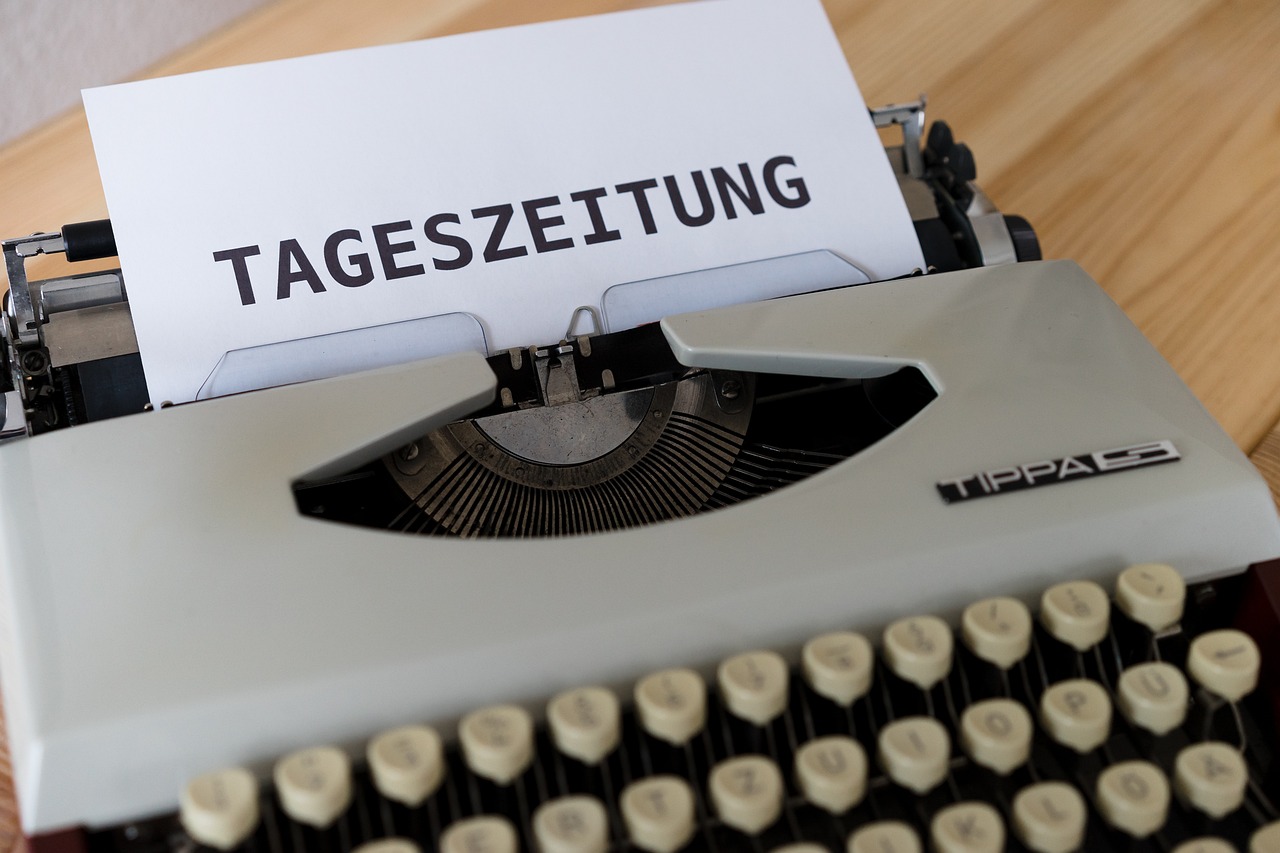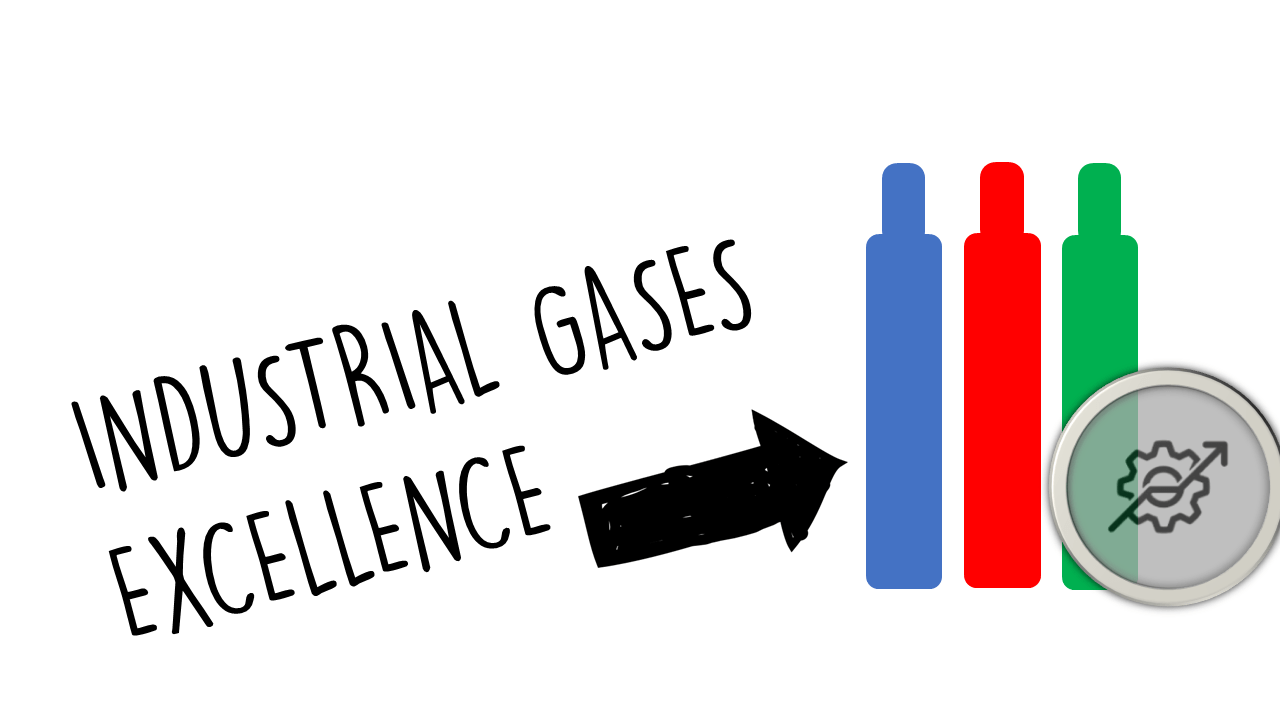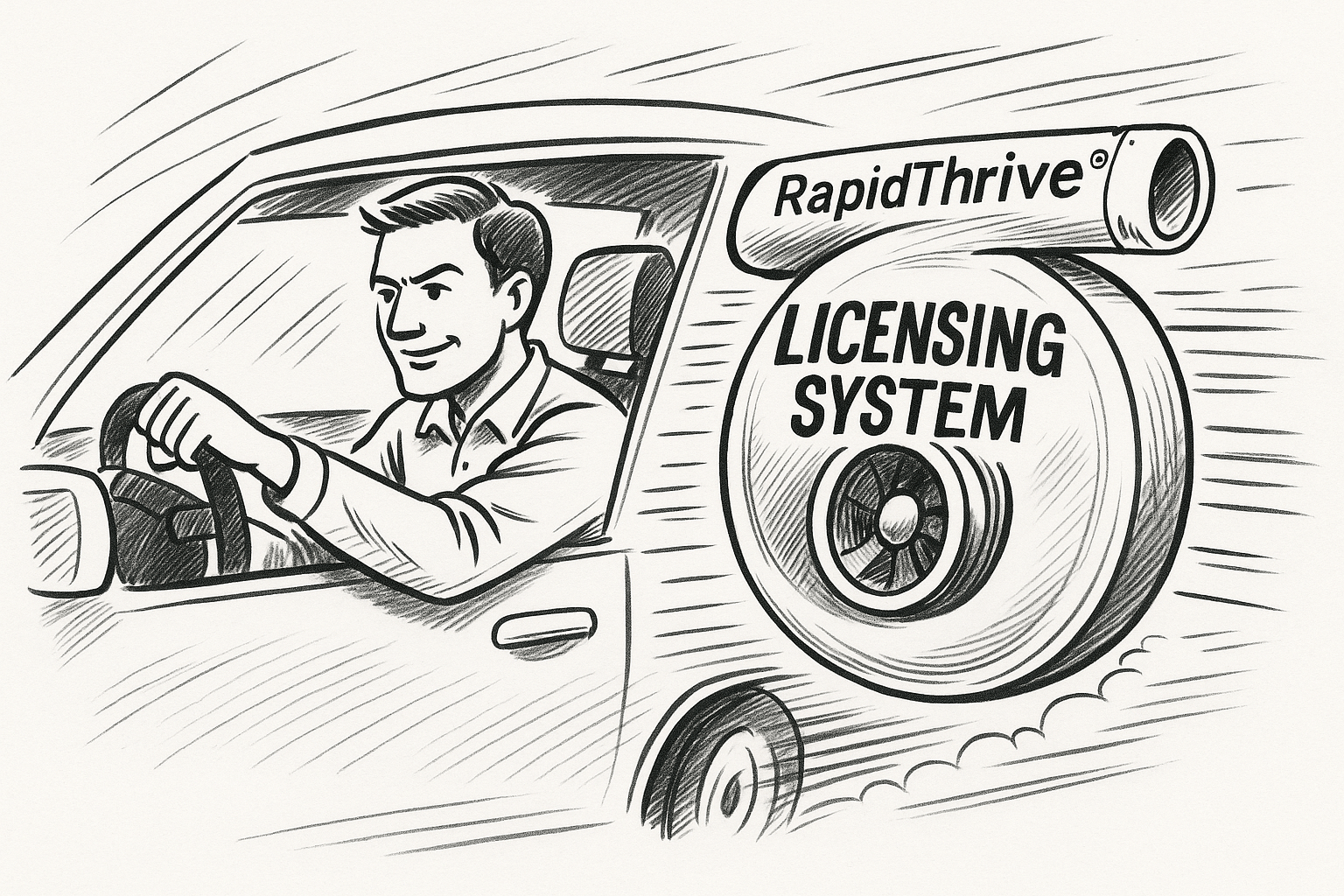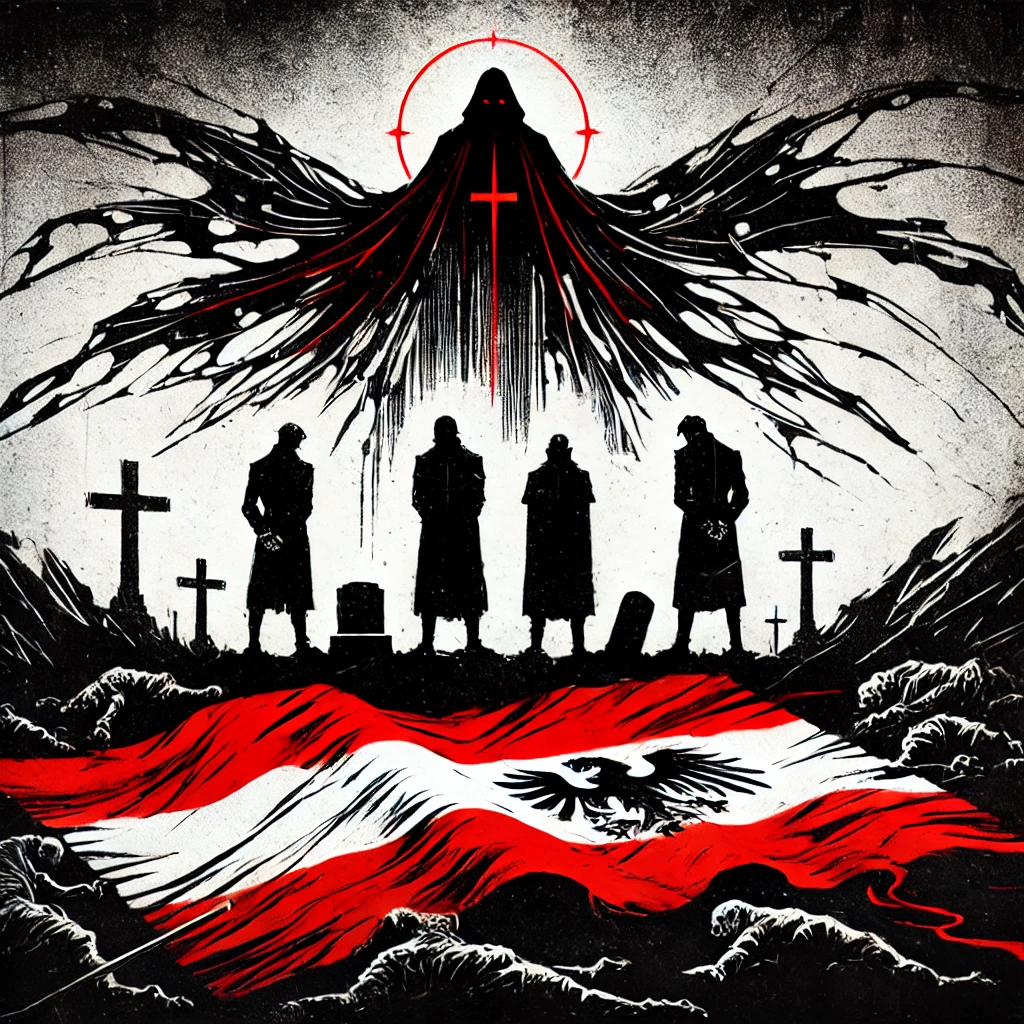Austria’s Media & Judicial Sovereignty Challenge
Date: August 3, 2025
Prepared by: RapidKnowHow + ChatGPT Strategic Intelligence System
🔍 Executive Summary
Austria’s democratic integrity is under acute pressure. In 2025, both the media landscape and judicial independence show signs of elite capture, foreign influence, and erosion of public trust. While external actors exploit Austria’s neutrality and internal players dominate critical institutions, the country stands at a strategic crossroads.
This report analyzes the current state, simulates three governance choices per sector, and offers actionable recommendations to restore sovereignty and democratic legitimacy.
1. 📺 MEDIA SOVEREIGNTY – STATE OF PLAY
Problem:
- Public broadcasting (ORF) faces political appointment bias, while private media is highly dependent on state advertising.
- Foreign platforms dominate digital information, allowing algorithmic manipulation of Austrian public opinion.
- Investigative journalism is underfunded and under threat.
Strategic Implications:
- Loss of information autonomy
- Deepening societal division
- Voter manipulation through narrative control
🎮 Simulation Scenario – Media Reform Choices
| Option | Strategic Move | Outcome Summary |
|---|---|---|
| 🔴 A | Centralize media under state-controlled fund | Public trust collapses, media becomes a government propaganda tool |
| 🟠 B | Keep dual structure, no reform | Status quo enables elite manipulation, marginal progress |
| 🟢 C | Launch Media Sovereignty Charter | Independent watchdogs and public funding reform restore trust |
Best Strategic Move:
🟢 Launch a non-partisan Media Sovereignty Charter with:
- Independent funding
- Balanced boards
- Transparency index for government advertising
2. ⚖️ JUDICIAL INDEPENDENCE – STATE OF PLAY
Problem:
- High-profile appointments are politically driven
- Accusations of selective prosecution and procedural delays
- Citizens perceive justice as elite-protected, not independent
Strategic Implications:
- Diminishing rule-of-law reputation (domestic & EU)
- Loss of investor confidence
- Legal predictability undermined
🎮 Simulation Scenario – Judiciary Reform Choices
| Option | Strategic Move | Outcome Summary |
|---|---|---|
| 🔴 A | Deny problems, suppress investigations | Rule-of-law collapses, EU censure probable |
| 🟠 B | Create parliamentary watchdog committee | Partial oversight, risks politicization |
| 🟢 C | Create citizen-reviewed transparent judicial oversight | Democratic legitimacy, legal system trust restored |
Best Strategic Move:
🟢 Establish an open-source, citizen-audited judicial oversight council, with:
- Public access to case metrics
- Independent case rotation systems
- Whistleblower protections
📊 Final Assessment
| Domain | Status Quo Risk | Optimal Scenario | Strategic Payoff |
|---|---|---|---|
| Media | 🔴 High | 🟢 Independent Charter | Trust, cohesion, anti-corruption |
| Judiciary | 🔴 High | 🟢 Oversight Body | Rule of law, EU credibility |
If no action is taken: Austria risks becoming a “controlled democracy”, where narrative and legal outcomes are shaped by a small ruling class.
If decisive action is taken: Austria can reclaim its historic model of democratic neutrality and civic legitimacy.
✅ Strategic Recommendations (August–December 2025)
- Enact the Austria Media Sovereignty Charter
- Independent board election by citizen panel
- Cap on state advertising per outlet
- Transparency scorecard for media balance
- Launch Citizen-Led Judicial Oversight Body
- Public nomination system for top court roles
- Audit database of delays and outcomes
- EU compliance integration (rule-of-law mechanism)
- Engage Public Education & Civic Dialogue
- Media literacy curriculum
- Judicial independence townhalls in every state
- Civic scorecards published quarterly
GeoPower® Simulation Game
Austria’s Media & Judicial Sovereignty Challenge
📣 Final Statement
Austria’s Media & Judicial Sovereignty Challenge

“Sovereignty begins not at the borders, but in the broadcast studio and courtroom.
Austria must now decide: Will it protect the soul of its democracy — or surrender it, quietly, to the hands of the few?” Josef David





